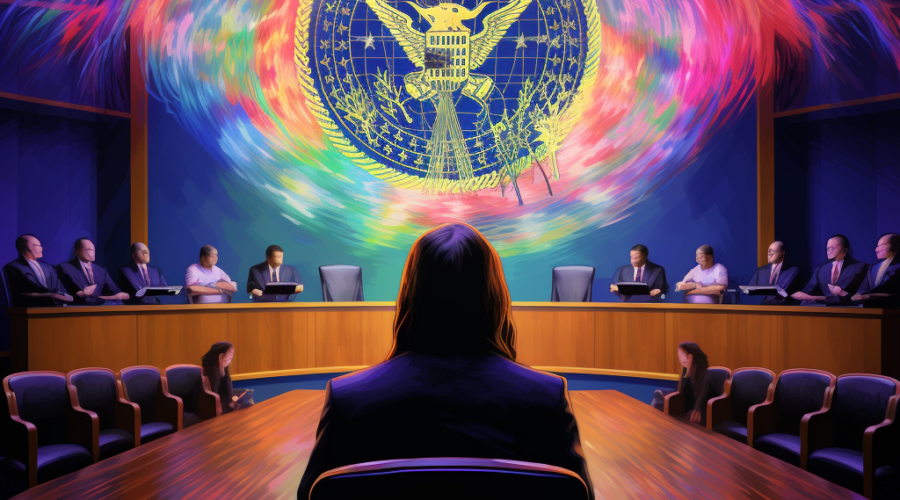TikTok’s cybersecurity risks require the government’s strong action
THE Digital and Communications Ministry should take strict action against TikTok for failing to comply with operating laws in Malaysia and for exposing consumers to dangerous cybersecurity risks.
The Consumer Choice Center (CCC) has urged the government to be firm and immediately re-assess the appropriateness of allowing the TikTok application to continue to be used in Malaysia given the video hosting platform has failed to comply with the operational guidelines that have been set.
“This is also very worrying because TikTok is able to collect sensitive consumer data even if the consumer neither saved nor shared their content or is taken without the consumer’s clear knowledge,” CCC Malaysia associate Tarmizi Anuwar pointed out in a media statement.
“These include device brand and model, operating system (OS) version, mobile carrier, browsing history, names and types of applications and files, wireless connection and geolocation. Of course, this can expose consumers to cyber security risks.”
In June 2022, Buzzfeed revealed that employees of ByteDance’s headquarters (owner of TikTok) in China had access to US consumer data despite TikTok initially stating that all US consumer data was stored in US and Singapore data centers.
Read the full text here











